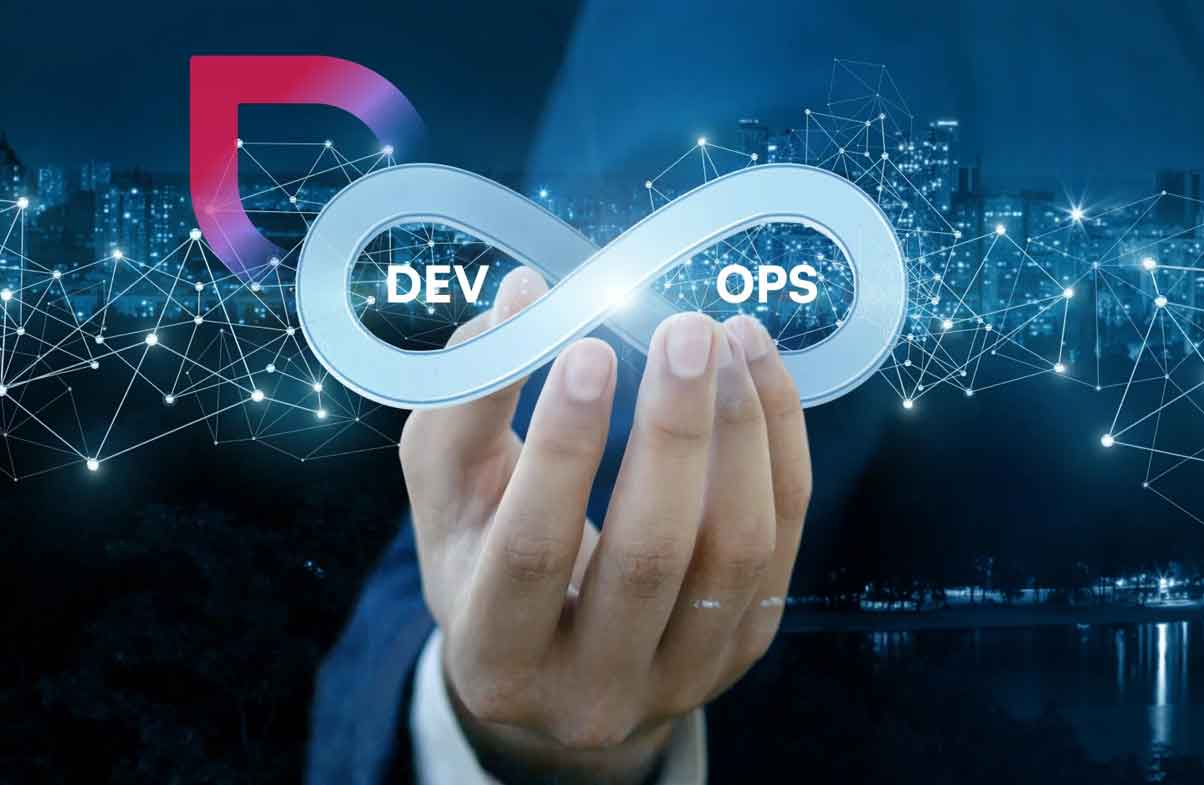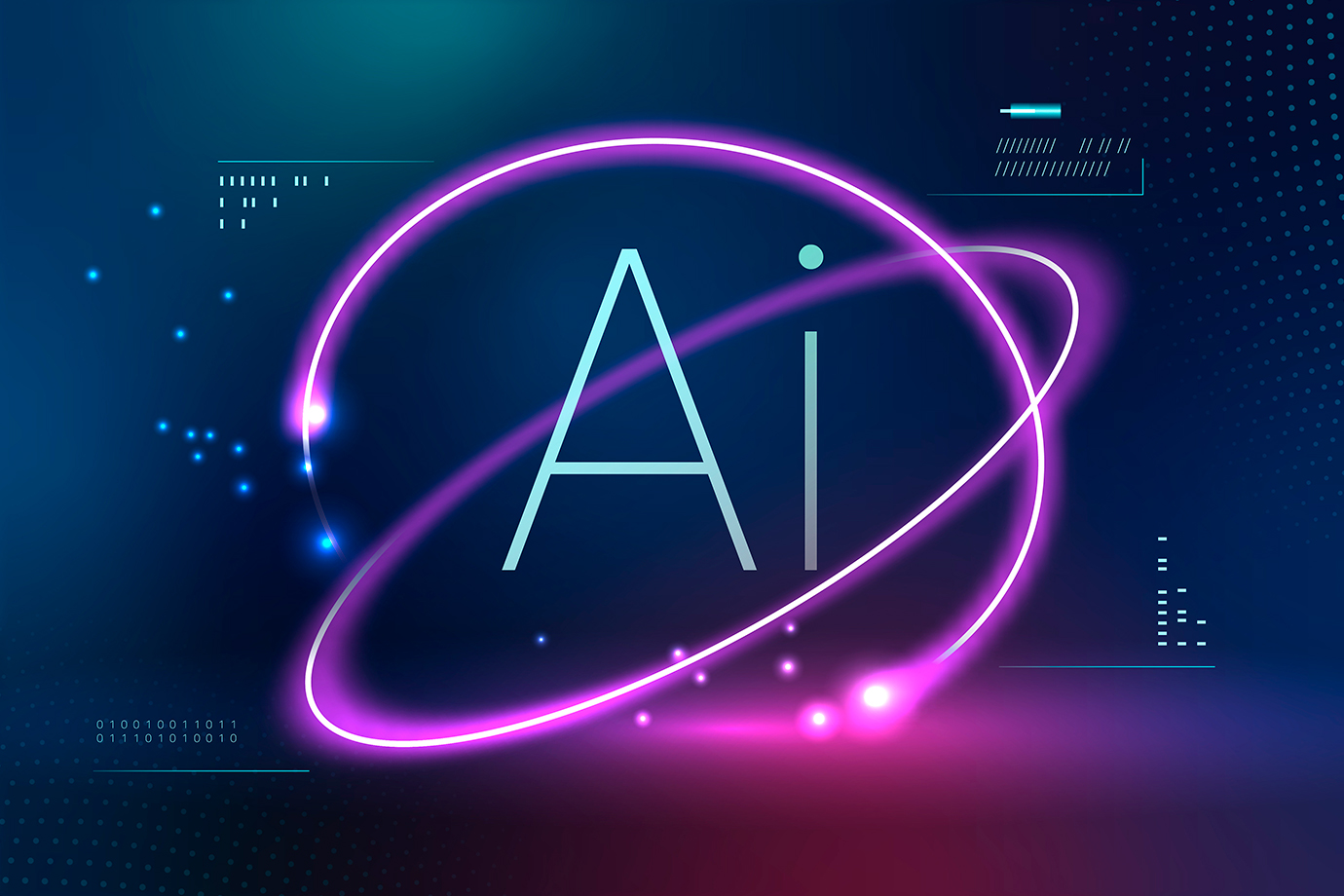Key DevOps Interview Questions and Ideas You Should Understand

16 Jan 2025
Key DevOps Interview Questions and Ideas You Should Understand
In the industry of IT DevOps is one of the trending and popular concepts as it combines the Development (Dev) and Operations (Ops). DevOps assists in maximum cooperation and productivity automatically creating more efficient procedures. Anyone preparing for a DevOps interview should be aware of basic concepts, resources, and best practices. This blog covers Key DevOps Interview Questions and Ideas You Should Understand.
Top 10 Questions/Answers for DevOps Interview
Let's begin by going over the most frequently asked important DevOps interview questions and concepts that one needs to comprehend to pass the test.
1. Explain what exactly is DevOps?
Development and operations teams are combined under the DevOps methodology to enhance cooperation, automate procedures, and provide high-caliber software more quickly. It creates mechanisms for continuous integration and delivery, removes obstacles between teams, and applies automation technologies. DevOps is more than simply a collection of processes; it fosters accountability and teamwork, which boosts output, lowers errors, and preserves customer satisfaction. Businesses can react swiftly to shifts in the market and continuously provide creative solutions by implementing DevOps.
2. What are the core principles of DevOps?
Collaboration, automation, continuous integration/delivery (CI/CD), monitoring and feedback, and culture are the main themes of the DevOps software development technique. It dismantles team silos, boosts productivity and collaboration, guarantees regular and dependable releases, collects data through ongoing monitoring, and promotes a shared ownership mentality. These ideas, which prioritize customer happiness, cut waste, and encourage a flexible, iterative approach, are based on Agile techniques and lean practices.
3. What is CI/CD, and why is it important?
Two essential techniques in software development for identifying and resolving problems early on are continuous integration (CI) and continuous delivery (CD). While CD guarantees that code changes are automatically prepared for production release using automated pipelines, continuous integration (CI) entails combining code changes into a shared repository Teams can deploy updates and new features every day thanks to solutions like Jenkins, GitLab, and CircleCI, which facilitate effective CI implementation.
4. Infrastructure as Code (IaC): What is it?
IaC handles and configures infrastructure with code using technologies like Terraform, Ansible, and CloudFormation. It ensures everything stays the same, reduces errors caused by changes, and helps infrastructure grow easily. It does this by treating infrastructure setups like code, which can be tested, deployed, and tracked over time, just like software code.
5. How do you ensure security in a DevOps pipeline?
Automating compliance checks, restricting access to necessary resources, utilizing tools for static and dynamic code analysis, including security procedures early into the CI/CD pipeline, and continuously scanning for threats and anomalies are some of the fundamental tenets of DevSecOps. This method reduces risks without impeding development by including security measures into each stage of the lifecycle.
6. Why is containerization employed in DevOps, and what does it mean?
Containerization is the process of enclosing an application and its dependencies into a tiny, portable container using tools like Docker. Containers facilitate microservices design for modularity, scalability, and maintenance while offering a consistent runtime environment that guarantees applications operate identically across development, testing, and production.
7. What is a blue-green deployment?
A release management technique known as [blue-green deployment] keeps two environments up to date: the new version's environment (Green) and the current live environment (Blue). After certification, traffic is moved to Green, reducing risk and downtime. Because the prior version may be restored, if necessary, this approach is essential for enterprises that demand zero-downtime deployments.
8. How are DevOps procedures tracked and recorded?
To guarantee openness, cooperation, and continuous improvement, DevOps processes are monitored and documented using tools like centralized logging systems, CI/CD pipelines, version control systems (like Git), and monitoring tools.
9. What is [shift-left] in DevOps?
Testing, security, and quality assurance duties are incorporated early in the development process as part of a proactive approach called [shift-left] that reduces costs and delays. Implementing the CI/CD pipeline with quality gates, continuous feedback loops, and test automation is necessary to address defects before they are brought to production.
10. What challenges have you faced in implementing DevOps, and how did you overcome them?
Scaling automation, tool overload, and cultural resistance are common issues when implementing DevOps. Promoting teamwork, choosing tools according to team requirements, and implementing IaC and strong CI/CD pipelines are all necessary to address them. Successful implementation requires continuous changes, clear communication, and ongoing learning.
Conclusion
One needs to be well-versed in a variety of subjects, from basic ideas to intricate tools and procedures, in order to be ready for a DevOps interview. You'll be more prepared to demonstrate your knowledge and get the job you want if you become familiar with the questions and answers discussed in this blog. DevOps is a continuous learning process, so stay curious and keep improving!
Frequently Asked Questions (FAQs)
Q1: How long does DevOps training take?
The time required depends on your prior experience with development and operations. It typically takes three to six months to fully grasp the concepts and resources of DevOps.
Q2: Does DevOps require programming knowledge?
Yes, building scripts and automating processes require programming knowledge. It is quite helpful to be familiar with languages like Python, Bash, or Ruby.
Q3: What is the best DevOps certification?
Well-known qualifications include the Microsoft Azure DevOps Engineer, AWS Certified DevOps Engineer, and Kubernetes certifications.
Q4: Which sectors gain the most from DevOps?
DevOps is useful in a variety of sectors where dependability and quick deployment are essential, such as technology, e-commerce, healthcare, and finance.
Q5: Can small businesses adopt DevOps?
Absolutely. DevOps can help small businesses scale efficiently and compete by delivering high-quality software rapidly.




.jpg)
